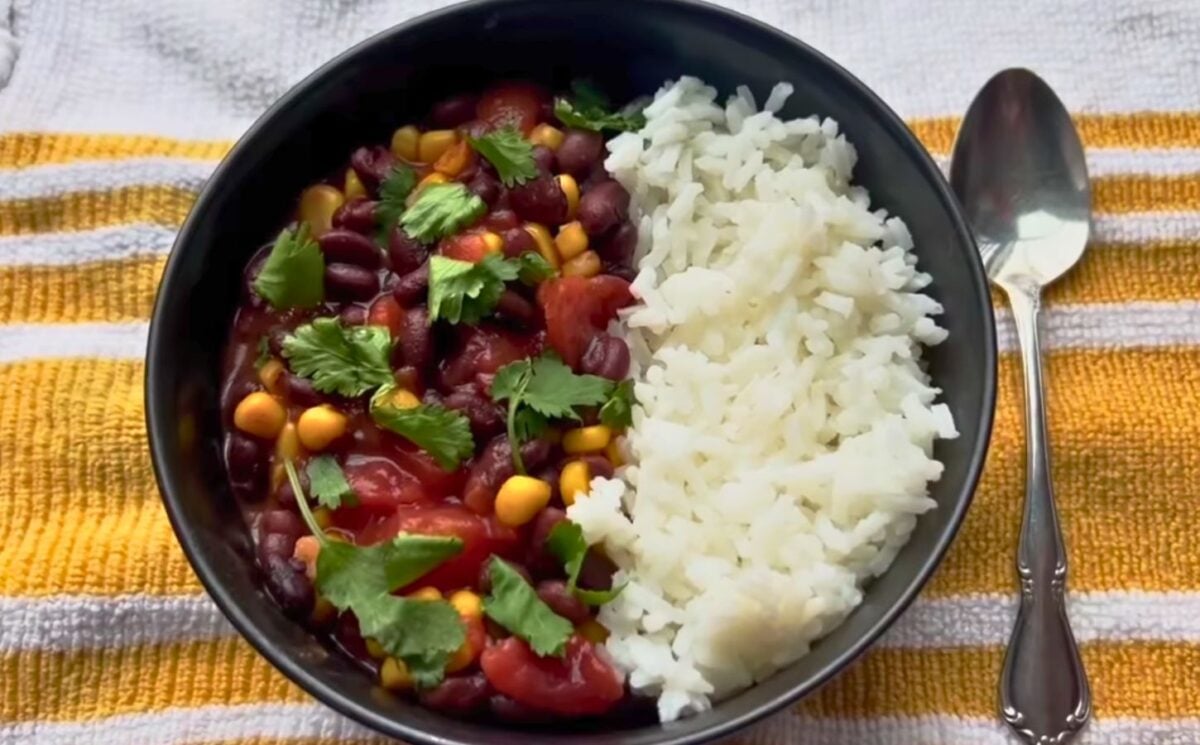Summary
Those who were given a diet of pre-packaged breakfast bars and shop-bought sandwiches ate more calories than those who ate meals cooked from scratch
Source: The Independent

AI News Q&A (Free Content)
Q1: What recent study findings suggest that avoiding pre-packaged foods can lead to greater weight loss?
A1: A recent study highlighted in the New York Times suggests that avoiding ultraprocessed foods could result in greater weight loss. Participants who focused on home-cooked meals, as opposed to consuming pre-packaged breakfast bars and shop-bought sandwiches, managed to lose more weight, potentially due to the lower caloric intake from home-cooked meals.
Q2: How does the intake of ultraprocessed foods compare to minimally processed foods in terms of calorie consumption?
A2: Research has shown that ultraprocessed foods account for a significant portion of daily calorie intake. A study from the Journal of Nutrition found that ultraprocessed foods made up more than half of the calories consumed at home, while minimally processed foods contain fewer calories and are generally healthier.
Q3: Are there any health risks associated with consuming ultraprocessed foods?
A3: Yes, the consumption of ultraprocessed foods has been linked to several health risks, including obesity, type 2 diabetes, and heart disease. A report from the BMJ found that greater exposure to ultraprocessed foods was directly associated with higher risks of these conditions.
Q4: What are some benefits of cooking meals from scratch compared to eating pre-packaged foods?
A4: Cooking meals from scratch can lead to a healthier diet by reducing the intake of calories, saturated fats, and sugars typically found in pre-packaged foods. Research from Healthline indicates that home-cooked meals often contain fewer calories than takeout or pre-packaged meals, contributing to better weight management.
Q5: What role do food journaling applications play in weight loss according to recent studies?
A5: Food journaling applications can help track dietary habits and encourage lower calorie consumption, which is essential for weight loss. A study by Ahmed Fadhil emphasizes that although these tools can be useful, inconsistencies in nutritional data among different apps can affect their reliability and effectiveness.
Q6: How do ultraprocessed foods affect caloric intake and weight gain according to scientific research?
A6: Studies, including one by Harvard's Nutrition Source, reveal that diets high in ultraprocessed foods lead to higher caloric intake and subsequent weight gain. Participants in these studies consumed about 500 more calories on an ultraprocessed diet compared to a minimally processed diet, leading to an increase in weight.
Q7: What impact did the Western dietary pattern have on health according to Wikipedia?
A7: The Western dietary pattern, characterized by high intakes of pre-packaged foods and low consumption of fruits and vegetables, is associated with increased risks of cardiovascular disease and obesity. This pattern contrasts with healthier dietary practices that prioritize whole foods.





